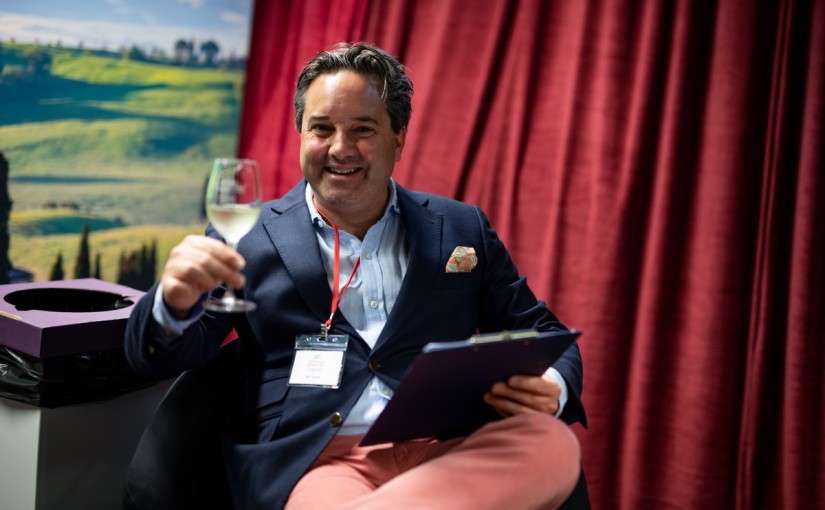It doesn’t matter where you are along the wine route there is always the opportunity to learn more. I’ve been tasting wine for more than 20 years and I’m still learning.
Part of the attraction of wine is that it can be drunk for both pleasure and conviviality, as part of a gathering of friends or family, or it can be gustatory. The focus of an intellectual discussion on its merits or faults. I happen to prefer the former but that’s probably because the day job requires me to don my analytical hat and form an informed opinion on a particular wine or wines. But knowledge is power and the more you taste, the more natural it is to want to learn more.

But where to start? Believe it or not my journey began in my last year at school where (going on 18) we had a particularly enthusiastic Geography master who taught us the early principles of wine tasting. Looking back it was a surprisingly serious course. But you don’t have to begin so early!
The obvious place to begin is with book learning, which will teach you the basics. The World Atlas of Wine now co-written by our President Hugh Johnson with Jancis Robinson will provide a solid foundation and clear grasp of where most of the world’s wines come from. I learned to taste through the lens of the classic wine regions of France and Europe. This gave me a good understanding of the benchmark styles that have now become internationally successful. But I wouldn’t say that was the right or wrong way. If you mastered the regions and styles of Australia that would be a fitting start.
Taste, taste, taste
The key is to develop your palate and taste, taste, taste. By this I mean learn to understand what you like and learn to understand the different taste and flavours of the major wine producing regions and grape varieties. There are shortcuts but it can be a long journey. I like to use the analogy of an old record shop, browsing through the racks of CDs and vinyls. If you haven’t listened to Mozart or Beethoven, the Beatles or The Rolling Stones you have no idea what they sound like, until you buy an album, take it home and play it. It is the same with wine. If you want to understand the difference between Bordeaux and Burgundy or Margaux and Pauillac you’ll need to buy a bottle to taste as well as read the textbooks.
In Britain, we are really spoilt for choice. London is home to the Wine and Spirit Education Trust (WSET) which this year celebrates its 50th anniversary. Their courses offer a very good technical basis. I completed my WSET exams in a cold lecture hall in Edinburgh when I was at University. It’s quite an academic approach, and can lead onto the Master of Wine – a self taught course for the fully committed.
Also on the blog
But for me wine is so much more than about the technicalities. It’s always nice to learn about what’s in the bottle, how it is made and what makes a good vintage. But I want to share some of the magic of the wine regions I have been luckily enough to visit. History, food, travel tips and the story behind the bottle always make their way into any of my wine tastings. Before that though I always teach people how to taste and develop their palate. The aim is to give you enough confidence to trust what you like and form your own opinion.
Before long you’ll be challenging my preconceptions and tasting like a professional. But don’t get too confident as, when it comes to wine we’re learning all the time.

Immerse yourself in the world of wine and join Sunday Times Wine Columnist and Vice President of The Sunday Times Wine Club, Will Lyons, as he shares his expert knowledge in his new evening and one-day wine masterclasses: thetimes.co.uk/winemasterclasses

